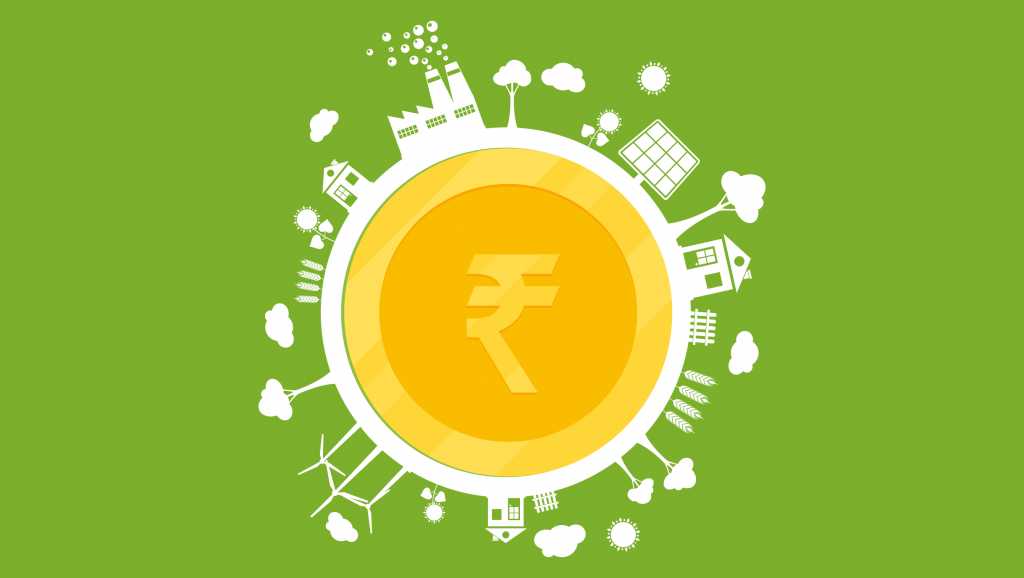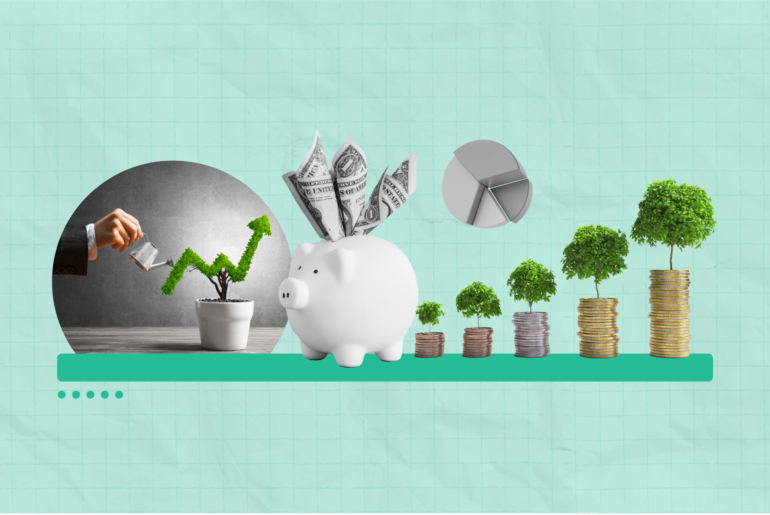Last Updated on Apr 3, 2020 by Aradhana Gotur
For most of us, the main objective of investing is to earn attractive financial returns. But did you know that besides monetary returns, certain investments also yield social returns? These are called ‘impact investments’ and parking funds in such vehicles is regarded as ‘impact investing’.
Here’s some background for context and a better understanding of what impact investing is.
Table of Contents
Impact investing overview
It is no secret that the world is facing numerous long-standing issues such as global poverty, hunger, poor healthcare and education facilities, climate change, injustice and gender inequality. However, such issues present us a golden opportunity to find meaningful solutions such as impact investing to eradicate them.
Impact investing meaning
Global issues are complex and not possible to be solved by an individual. This is where businesses that look to make a social and environmental impact come into the picture. A couple of such ventures are Swajal, Solar Labs, and Tesla. Investing in such ventures that believe in complimenting or encouraging sustainable development of the planet or economy is called impact investing.
The idea here is not to avoid investing in companies that negatively impact the society or environment. It is more of a positive move. Impact investing meaning is to invest in ventures that, in addition to working for a social, environment or economic cause, also offer financial returns. In other words, it means to support companies that strive to recreate a healthier planet. And, in turn, impact investments are expected to necessarily yield both financial and social returns.
Thus, the best part about impact investing is that you contribute to a cause that can make a difference to millions of stakeholders, including yourself, and earn monetary returns as well. After all, you are a global citizen and your children are to live on this planet. Wouldn’t you at least want to leave it in good shape for their sake?
But does impact investing really work? For those wondering this, recall Elon Musk and his business Tesla. Yes, there’s your answer. Didn’t he, through his entity Tesla, demonstrate that sustainable development is possible and it can bring attractive returns to the table? Yes!
Impact investing types
Impact investments are of various types based on the industries:
- Agriculture
- Healthcare
- Energy
- Education
- Financial services
Salient features of impact investing
Impact investing is distinct from traditional investing. Here are some of its salient features:
Impact investing is a high-worth market
According to the Global Impact Investing Network (GIIN), the impact investing market is currently worth $502bn and is growing rapidly. Further, a survey that studied 209 organizations showed that the sector has around $114bn impact investing assets under management.
Impact investments yield returns at market rate
According to the Global Impact Investing Network, the majority of the ~$15bn-impact investing market yields market-rate returns. It also revealed that, in 2018, over 90% of impact investors received expected returns, sometimes more.
Besides, impact investing also offers stability to your portfolio. This is demonstrated by a study conducted by Morgan Stanley. The investment bank studied the performance of 10,000 mutual funds for 7 years and concluded that, on an average, impact investing funds featured lower volatility than the others.
Companies offer impact investments to beat the competition
Tough competition has certainly made today’s world a challenging place for businesses. End-users, these days, demand more than just good products and services. They are becoming increasingly aware of the social and environmental problems at hand and look to be useful in solving them. Many firms are thus offering impact investments to satisfy their clients’ demand and earn their trust in turn.
Why should you consider impact investing?
There are many reasons to park your funds in impact investments, some of them are:
To take social responsibility and earn financial returns simultaneously
Your responsibility as a global citizen is not just taking ownership of the social and environmental consequences of your actions. It is also making up for the same. However, it’s a no brainer that you alone can’t address global issues. Good news? You can play your part by investing in companies working towards the sustainable development of our planet. A brownie point is that impact investing delivers real financial returns as well. What better reason would like?
Achieve private intervention to solve global issues
Though inevitable, public sector alone may not be capable to address alleviating global issues, which is why private intervention is required. The World Investment Report by the United Nations Conference on Trade and Development (UNCTAD) explains further. The report points out that sustainable development sectors of developing economies experience an investment gap of $2.5tn annually.
To bridge this gap, it suggests ‘Investing in the SDGs: An Action Plan’. SDG here stands for Sustainable Development Goals and focuses on the critical role that the private sector plays in attaining positive environmental, social, and economic results in developing countries. Private sector is known to have good governance, effective business practices, and ample investment, which, the report says, are critical to achieving the SDGs.
To encourage impact-making firms and normalise impact investing
Impact investing has paved the way for us to make a difference by supporting ventures striving hard to build a healthier planet. Once investors come to believe and trust such impact-making entities, how people perceive impact investing will change. This, in turn, will help in normalising impact investing.
Who can do impact investing?
Initially, impact investment was a niche market that mostly attracted big financiers such as venture capitalists and investment banks. Fortunately, the scene has gotten different and better today. Impact investments are gaining popularity among individual investors and big foundations too and thus finding a place in their portfolios.
Sectors that receive impact investing funds
As mentioned, the scope of impact investing is beyond attaining a healthier planet. It also addresses other pressing issues like housing — a sector that receives the major of impact investments to the tune of $25bn.
Here’s an illustration of the impact investing sectors and the quantum of investments these receive:
This chart depicts the parts of the world that receive impact investments:
Impact investing in India
Speaking of scenes back home, it is forecasted that impact investing industry in India has the potential to grow to $8bn in 2025. Since 2010, India has received a total of $5.2bn worth of impact investments. Further, the most popular impact investing sectors are financial inclusion and clean energy.
Take a look at the trajectory of the growth of impact investing in India:
Returns offered by impact investing firms in India
Pleasantly, impact investments in India have successfully met the monetary expectations of investors. When studied, 48 exits from 2010 to 2015 showed that, on average, impact investments in India yielded an internal rate of return (IRR) of 10%.
More than half of impact investment deals, 58% to be specific, yielded the average expected market rate of 7% and some even exceeded the figure. What’s more, the top one-third of such deals generated an average IRR of 34%! These numbers prove that businesses involved in impacting the world are capable of generating lucrative returns, in addition to making a good social change.
However, impact investing industry has its own set of challenges such as no or little transparency, ambiguous metrics for performance measurement, lack of funds and innovation, and poor governance and reporting. If these impact investing challenges are dealt with, the market can attract many more investors and function to its full potential.
- Best Performing Index Funds in India (2025) - Jun 5, 2025
- Issue of Shares – Meaning, Types, Examples and Steps - Jun 4, 2025
- Banking Mergers in India – List of Merged PSU Banks, Advantages, and Challenges - Jun 3, 2025





